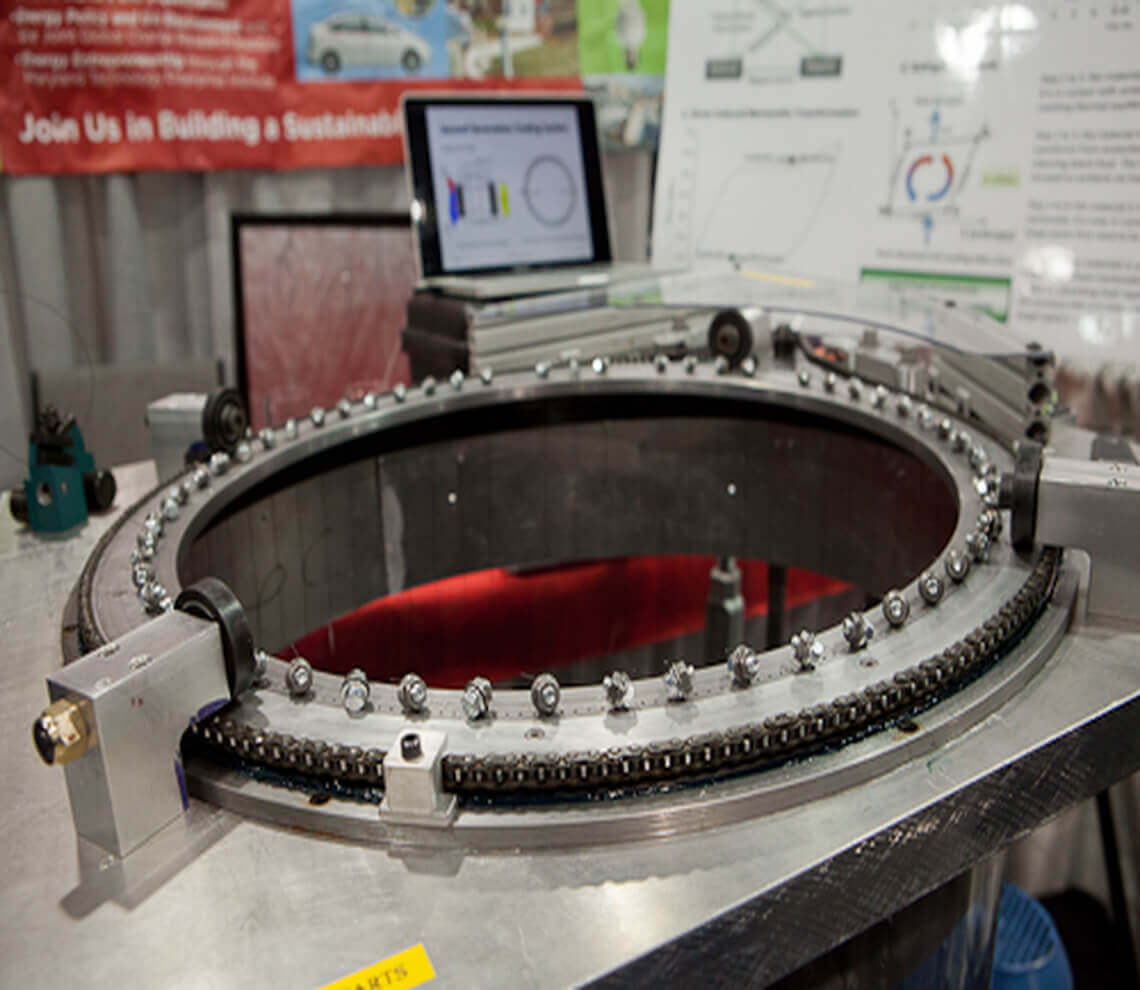- Our Suppliers
- MBS Monoclonals
- MOUSE Anti-HUMAN CD143:Biotin Antibody
Product short description
Price:
553 EUR
Size:
100ug
Catalog no.:
GEN210387
Product detailed description
Gene name synonims
N/A
Purification method
N/A
Immunoglobulin isotype
IgG1
Clone
i2H5
Also known as
CD143
Gene name
CD143
French translation
anticorps
Category
Antibodies
Clonality
Monoclonal
Conjugation
Biotinylated
Latin name
Mus musculus
Host organism
Mouse (Mus musculus)
Subcategory
Mnoclonal antibodies
Tested applications:
Flow Cytometry (FACS)
Concentration
IgG concentration 0.1 miligram per 1 mililiter
Form/Appearance
Biotin (Purified IgG conjugated to Biotin - liquid)
Other gene names
ACE; ACE; DCP; ICH; ACE1; DCP1; CD143; MVCD3; DCP; DCP1; ACE
Description
This antibody needs to be stored at + 4°C in a fridge short term in a concentrated dilution. Freeze thaw will destroy a percentage in every cycle and should be avoided.
Species reactivity
Human (Homo sapiens); Due to limited knowledge and inability for testing each and every species, the reactivity of the antibody may extend to other species which are not listed hereby.
Other names
angiotensin-converting enzyme isoform 1; Angiotensin-converting enzyme; angiotensin-converting enzyme; kininase II; peptidase P; CD143 antigen; testicular ECA; carboxycathepsin; dipeptidyl carboxypeptidase 1; dipeptidyl carboxypeptidase I; angiotensin converting enzyme, somatic isoform; angiotensin I converting enzyme peptidyl-dipeptidase A 1 transcript; angiotensin I converting enzyme (peptidyl-dipeptidase A) 1; Dipeptidyl carboxypeptidase I; Kininase II
Storage and shipping
Store the antibody at +4 degrees Celsius for short-term storage and at -20 degrees Celsius for long-term. the antibody should be stored undiluted. Storage in frost free freezers is not recommended. Repeated freeze - thaw cycles may denature the peptide chains of the antibody and therefore should be maximally avoided. If there is a precipitate in the vial we recommend you to briefly microcentrifugate it prior to use. Shelf Life: 18 months from date of dispatch.
Test
MBS Monoclonals supplies antibodies that are for research of human proteins.Mouse or mice from the Mus musculus species are used for production of mouse monoclonal antibodies or mabs and as research model for humans in your lab. Mouse are mature after 40 days for females and 55 days for males. The female mice are pregnant only 20 days and can give birth to 10 litters of 6-8 mice a year. Transgenic, knock-out, congenic and inbread strains are known for C57BL/6, A/J, BALB/c, SCID while the CD-1 is outbred as strain.
Specificity and cross-reactivity
CD143 This item recognises human CD143, also known as angiotensin - converting enzyme (ACE). CD143 exists in two forms, a 170kD somatic form and a 90kD germinal form. The somatic form is expressed by endothelial cells (especially those of arterioles and lung capillaries), epithelial cells (especially in proximal renal tubules and in the small intestine), by some neuronal cells and variably on some macrophages and T lymphocytes. The germinal form is expressed by spermatozoa. This antibody recognises active ACE binding to an N-terminal domain epitope different to that recognised by clone 9B9).; Since it is not possible to test each and every species our knowledge on the corss reactivity of the antibodies is limited. This particular antibody might cross react with speacies outside of the listed ones.
Properties
If you buy Antibodies supplied by MBS Monoclonals they should be stored frozen at - 24°C for long term storage and for short term at + 5°C.Biotin conjugates can be detected by horseradish peroxidase, alkaline phosphatase substrates or anti biotin conjugated antibodies. Avidin and Streptavidin bind to the small biotin and are couple to HRP or AP for ELISA. To break the streptavidin Biotin bond we suggest to use a 6 molar guanidine HCl solution with acidity of pH 1.6.Human proteins, cDNA and human recombinants are used in human reactive ELISA kits and to produce anti-human mono and polyclonal antibodies. Modern humans (Homo sapiens, primarily ssp. Homo sapiens sapiens). Depending on the epitopes used human ELISA kits can be cross reactive to many other species. Mainly analyzed are human serum, plasma, urine, saliva, human cell culture supernatants and biological samples.
© Copyright 2016-Tech News . Design by: uiCookies

